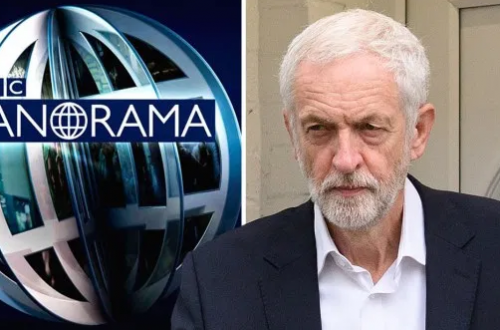It’s understandable that war reporter Anthony Lloyd, himself a victim of kidnapping, should feel strongly about the issue of ransoms. His piece in the Times (£) begins by asserting that:
The prime minister’s stubborn stance on refusing to pay ransoms has left him looking isolated and behind the times
As Lloyd reminds readers, new legislation looks set to reinforce this complete opposition to any payment of ransoms:
Mr Cameron remains deeply committed to the policy of no ransom payments for hostages and scorns governments that do pay. Indeed, the counterterrorism bill now going through the House of Lords rivets down the details of the existing 2000 Terror Act, with possible prison sentences for anyone paying ransoms to a group with terrorist connections.
He continues:
Far from being tough on terror and protecting its citizens, our government’s bullying enforcement of the ransom clauses in the 2000 Terror Act is now regarded by most British hostage specialists as failing in its central aim of protecting British citizens from kidnap.
‘Bullying’ is a rather loaded term. However he is presumably correct in stating that this tough stance makes it less likely that British kidnap victims will be released. He may also be quite correct in suggesting that Britain’s refusal to negotiate with kidnappers doesn’t substantially decrease the kidnap risk for Britons – and they may well be killed in order to make a propaganda point without any opportunity cost.
However Lloyd fails to deal with the fact that ransom payments subsidise terrorism.
The government’s final line of defence is that ransom payments are used for further terrorist attacks. This is certainly true. No one likes giving money or concessions to terrorist organisations and it would be insanity to suggest that terror groups’ demands should be met in every case. The art of good hostage negotiation, after all, is to transform an unreasonable demand into a reasonable one.
For presumably this ‘reasonable’ demand still takes the form of money – which can be used to fund terrorism, as Lloyd himself concedes.
Lloyd seems to think that Britain is the villain here, with its ‘cruel’ and ‘outdated’ policy. But the real culprits are surely the terrorists who are using kidnapping in order to blackmail the West into supporting their horrific plans, and – however understandable their motives – those countries who are rewarding and financing their criminal actions.


